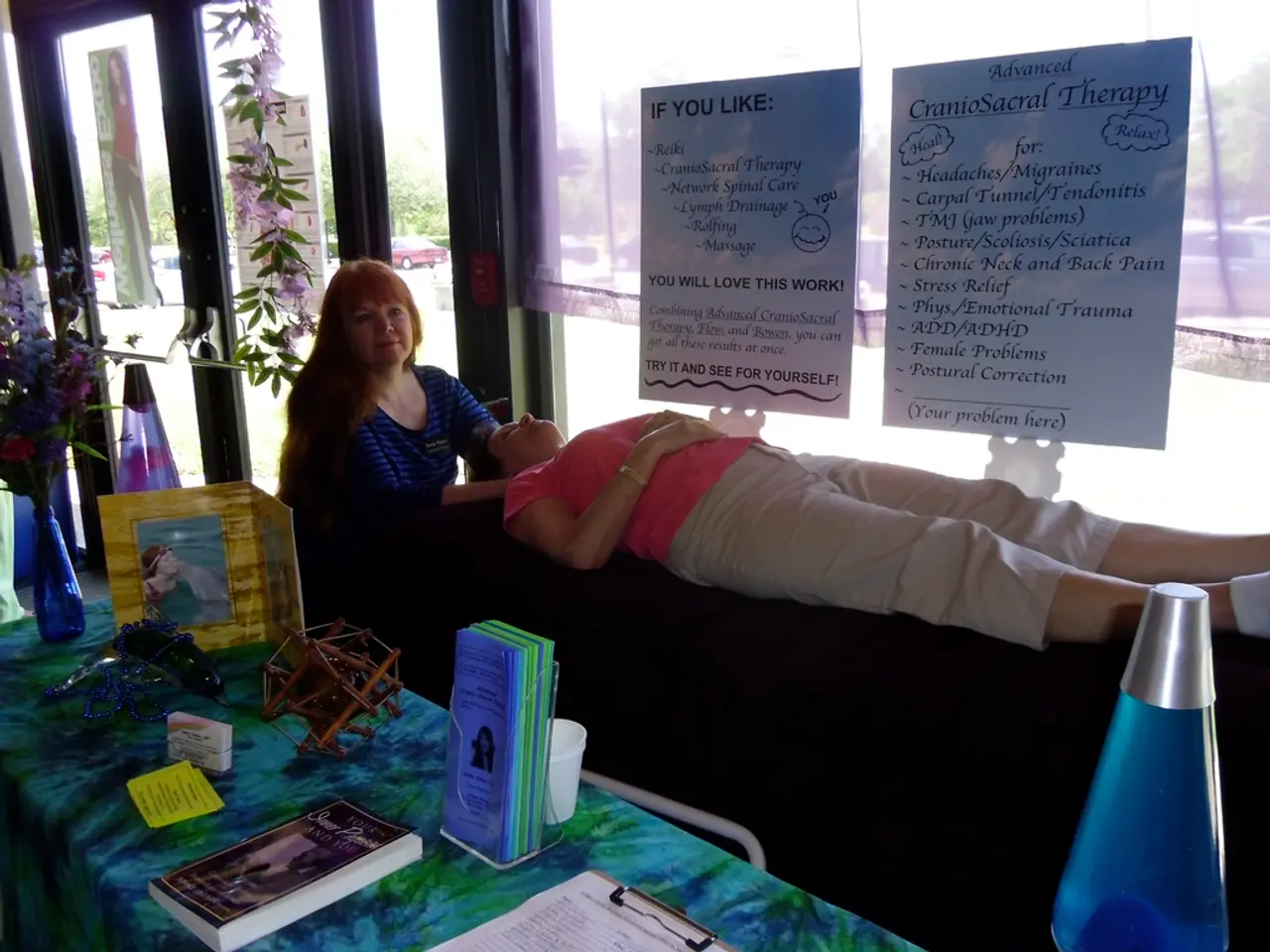Exercise for Better Sleep: Discover Three Types of Workouts that Promote Deeper and Longer Sleeping
### Study Finds Exercise Interventions, Including Yoga and Tai Chi, Effective for Improving Sleep Quality
A new meta-study published in the journal BMJ Evidence-Based Medicine has found that practicing yoga, Tai Chi, walking, and jogging are effective therapies for treating poor sleep and insomnia. The research, which analysed 22 randomized controlled trials investigating the effects of exercise and other therapies for insomnia, has revealed that these exercise-based approaches can serve as low-cost, accessible, and low-side-effect primary or adjunctive treatments for insomnia.
### Yoga's Impact on Sleep Quality
The study found that practicing yoga may increase sleep time by just under two hours a night and boost sleep efficiency by 15%. The mind-body focus of yoga, involving controlled breathing, body awareness, and attentional training, is believed to change brain activity, reducing anxiety and depressive symptoms that interfere with sleep.
### Tai Chi's Long-Lasting Benefits
Tai Chi similarly showed strong long-term sleep benefits persisting up to 2 years, outperforming some existing treatments. The practice reduces sympathetic nervous system activity, dampens hyperarousal linked to insomnia, promotes emotional regulation, and lowers anxiety. It may also decrease inflammatory markers over time, supporting sustained sleep improvements.
### Walking and Jogging for Better Sleep
Walking and jogging were especially effective at reducing insomnia severity scores by nearly 10 points, leading to less daytime dysfunction and grogginess. Physical exertion increases energy use, reduces cortisol (stress hormone) levels, boosts melatonin secretion, and enhances deep sleep phases, all contributing to better sleep quality.
### Comparison to CBT-i
Although the recent studies reviewed do not provide a direct head-to-head meta-analysis comparison between CBT-i and these exercise interventions, the evidence suggests that exercise modalities may rival or complement CBT-i for improving sleep quality and insomnia symptoms. CBT-i remains a gold-standard therapy, with well-documented efficacy in reducing insomnia severity and altering dysfunctional sleep behaviours and thoughts. However, the meta-studies indicate that exercise might extend benefits beyond CBT-i's scope, especially by improving physiological stress responses and inflammatory profiles in a sustainable way, and improving total sleep duration substantially (e.g., yoga adding about 2 hours of sleep).
### Limitations and Considerations
Many included trials had methodological limitations and lacked standardized quantification of exercise intensity and frequency. Sample sizes in some studies were small, warranting cautious interpretation and the need for further rigorous trials. Still, the strong biological plausibility—exercises improve emotional regulation, autonomic balance, and neuroendocrine function—supports their role in long-term insomnia management.
In summary, yoga, Tai Chi, walking, and jogging produce significant long-term improvements in sleep quality and insomnia severity, comparable to or synergistic with CBT-i. These exercise interventions represent promising, accessible complements or alternatives to CBT-i for managing insomnia over the long term.
- As a result of the study, practising yoga, walking, jogging, and Tai Chi could serve as primary or adjunctive treatment options for seniors experiencing sleep issues or insomnia, due to their low cost, accessibility, and minimal side effects.
- Yoga has been found to enhance sleep efficiency by 15%, increasing sleep duration by nearly two hours, potentially improving health-and-wellness for those struggling with weightloss, as better sleep is essential for weight management.
- Tai Chi, a low-impact fitness-and-exercise form, shows long-lasting benefits on sleep quality and persistent sleep improvements that outperform some existing treatments, reducing inflammatory markers and improving mental-health in seniors.
- The practice of walking and jogging has demonstrated effects on reducing insomnia severity scores, minimizing daytime dysfunction linked to insomnia, and increasing deep sleep phases for better overall sleep quality, which could benefit seniors and contribute to their fitness-and-exercise routines.
- Although not directly compared in the studies, the evidence suggests that exercise interventions, like yoga and Tai Chi, may rival or complement CBT-i in improving sleep quality and insomnia symptoms, offering potential alternatives or additions for weightloss or overall health-and-wellness management in seniors.
- When considering the limitations posed by small sample sizes and methodological flaws in some studies, the strong biological plausibility behind exercise's impact on emotional regulation, autonomic balance, and neuroendocrine function supports their role in long-term insomnia management, particularly in weightloss and weight management strategies.




